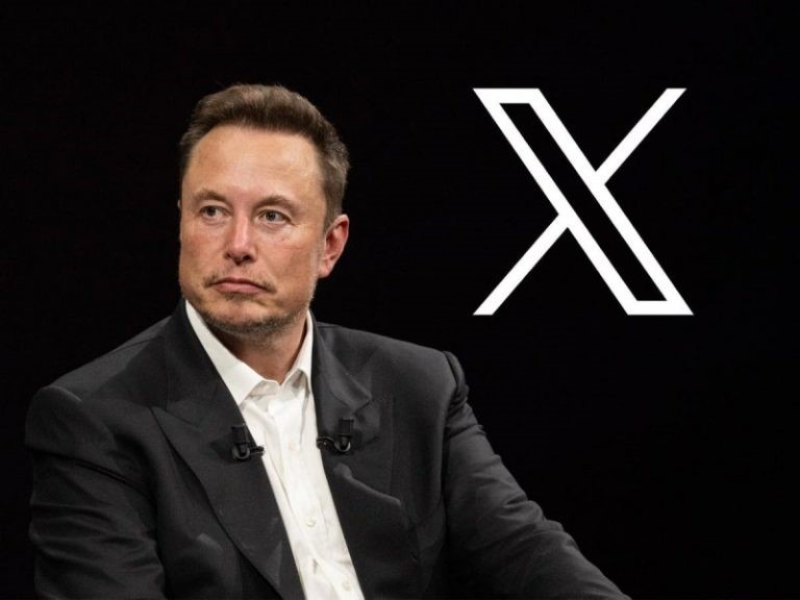- Elon Musk claimed OpenAI’s funding round terms violated antitrust laws, alleging exclusivity clauses that prevented investors from supporting competitors
- Musk urged regulatory bodies to investigate OpenAI’s funding practices, highlighting the risk of stifling competition and innovation in the AI sector
What happened
Lawyers for tech billionaire Elon Musk filed a preliminary injunction on November 29 against OpenAI, several of its co-founders, and Microsoft, its investor and close partner, to prevent OpenAI and other named defendants from engaging in what Musk’s lawyers claim are anti-competitive practices.
The 36-page filing, first spotted by TechCrunch, asks a California District Court to implement an injunction against OpenAI and several of its past and current leaders, as well as Microsoft from partaking in activities that would actively harm Musk’s rival AI startup, xAI. At the centre of this latest filing is OpenAI’s October funding raise, the largest venture capital round in history, which saw the ChatGPT and o1 developer secure $6.6 billion in funding from the likes of Microsoft, Nvidia and MGX.
However, OpenAI is alleged to have stipulated that any backers in that round were unable to invest in any of its competitors, including Antropic, Ilya Sutskever’s Safe Superintelligence, and xAI. The filing claims that OpenAI and its CEO, Sam Altman “act in concert with Microsoft, expressly conditioned their acceptance of any investment on the investor’s agreement not to fund OpenAI’s competitors, specifically naming xAI.”
What it’s important
Musk’s accusations against OpenAI raise significant concerns about monopolistic behavior in the AI industry, a field that’s increasingly dominated by a few major players. If these exclusivity agreements are proven to be anticompetitive, it could set a dangerous precedent for how funding rounds are structured, particularly disadvantaging smaller companies. For example, startups like Hugging Face and Anthropic have sought alternative funding methods to ensure their independence from larger tech giants like OpenAI. If practices like those Musk criticizes become common, smaller innovators might find themselves excluded from crucial capital, limiting their ability to compete. Such an environment could ultimately hinder the diversity of ideas and approaches necessary for advancing AI.
This situation echoes historical antitrust cases in other sectors, such as the legal challenges faced by Microsoft and Google, which led to reforms in market regulation. Addressing these issues could ensure that new AI companies have a fair chance to compete, promoting a more diverse and open ecosystem for technological development.
This controversy is pivotal not only for OpenAI but for the entire AI industry, as it raises questions about balancing innovation, competition, and regulatory oversight in a rapidly evolving field.

